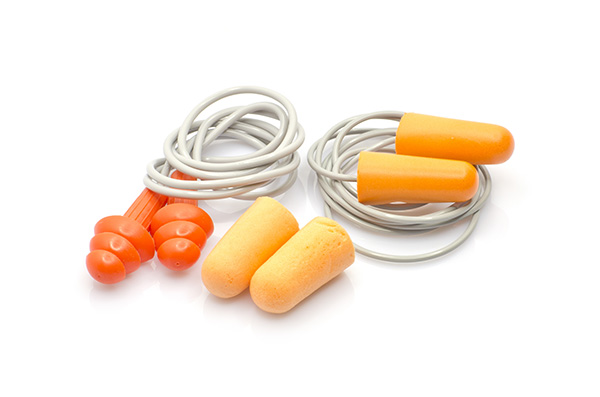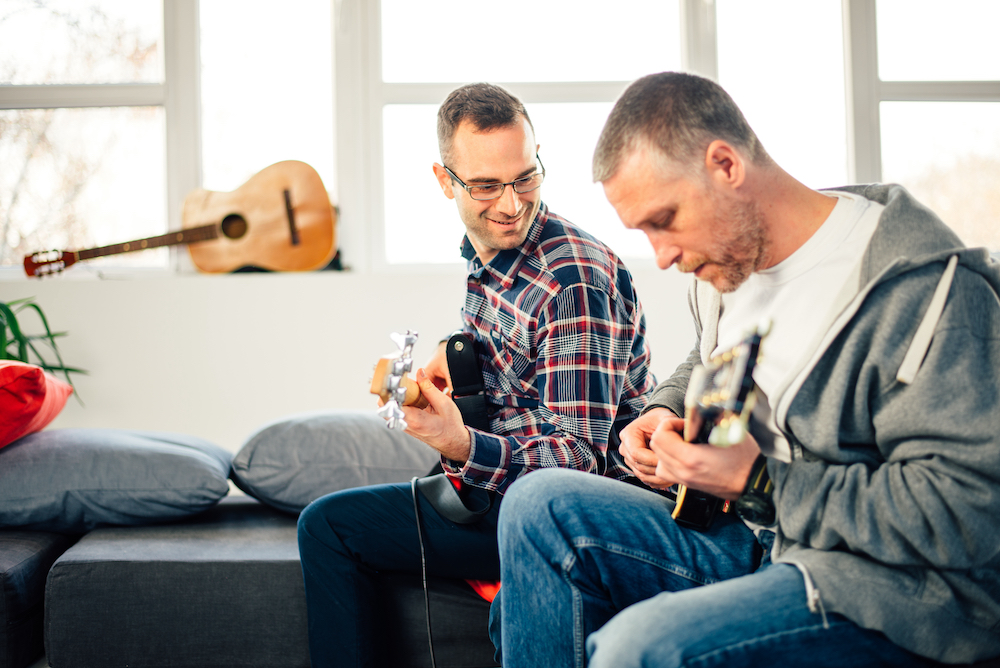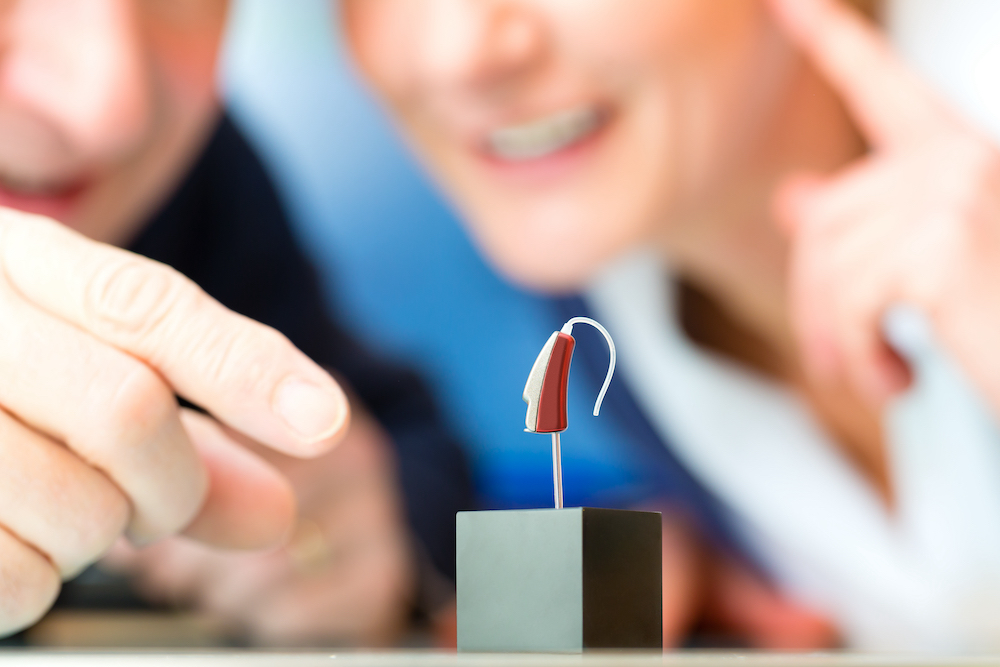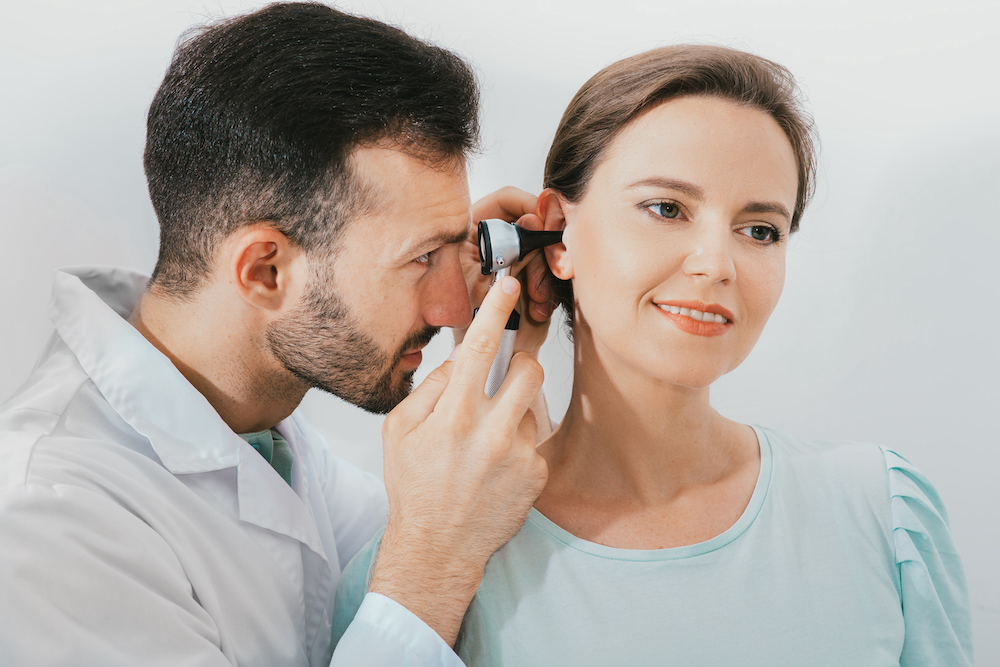Hearing Loss on The Rise For All Demographics
Many people will experience hearing loss at some point in their lives,


Many people will experience hearing loss at some point in their lives,

A hearing aid that works best for you depends on the type of hearing loss

Hearing aids are wonderful pieces of technology. Even for those who are a